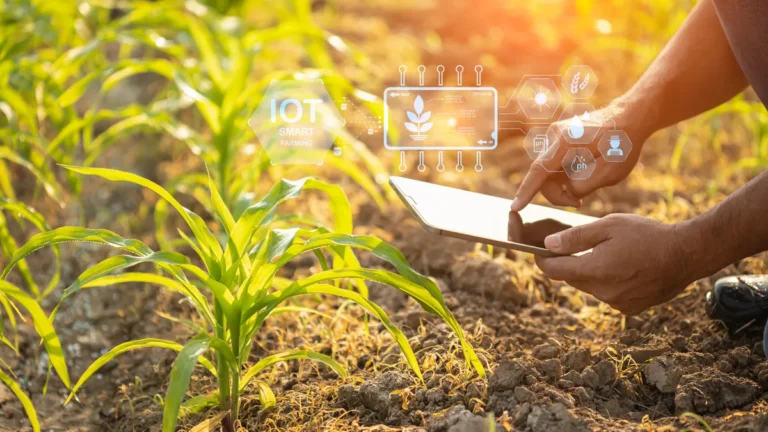Artificial intelligence (AI) is poised to disrupt the agriculture sector, offering solutions to numerous challenges and boosting efficiency throughout the value chain.
According to GlobalData, a data and analytics company, AI’s ability to support precision agriculture, automate labor-intensive tasks, verify supply chain sustainability, and accelerate crop gene editing has the potential to supercharge the industry.
GlobalData’s recent report, “Artificial Intelligence in Agriculture,” highlights the transformative potential of AI in addressing the sector’s complex challenges. Generative AI’s natural language capabilities can enhance knowledge sharing and skill acquisition, while AI farm management systems can optimize resource utilization by monitoring crop yields and soil health. Computer vision-enabled autonomous farm robots can streamline labor-intensive processes, further increasing efficiency.
Aoife McGurk, Associate Analyst at GlobalData, emphasized the urgency of AI adoption in agriculture. “The global population is projected to reach 9.7 billion by 2050, and urbanization is reducing arable land and rural workers. Climate change is also exacerbating farming challenges. AI offers a solution by enabling more efficient food production with fewer resources.”
Incorporating AI into agriculture can enhance efficiency and reduce environmental impact. By improving supply chain operations, AI can minimize friction and verify sustainability, addressing concerns like the EU’s new deforestation law. Additionally, AI can revolutionize crop gene editing and seed production by predicting the outcomes of genetic edits.
However, McGurk noted that the slow adoption of AI in agriculture is a significant hurdle. Despite its potential benefits, AI has only received limited attention within the sector, as highlighted by GlobalData’s Company Filings Analytics tool. Between Q3 2019 and Q2 2024, AI was mentioned only 979 times in agribusiness company filings, compared to 306,356 mentions of ESG.
“The slow tech adoption rate in agriculture can be attributed to factors like scale and tight profit margins,” McGurk explained. “Despite its vast potential, AI in agriculture is not receiving the attention it deserves.”
As the agriculture sector grapples with increasing challenges, AI offers a promising solution. By overcoming the barriers to adoption, the industry can harness the power of AI to drive efficiency, sustainability, and innovation.




